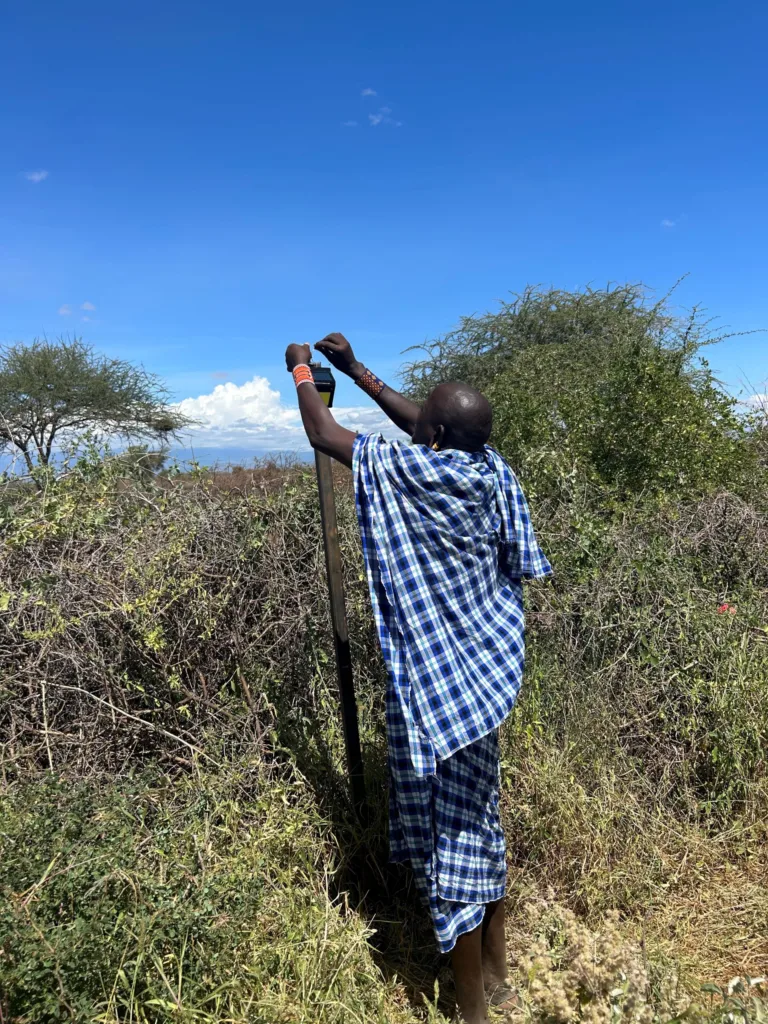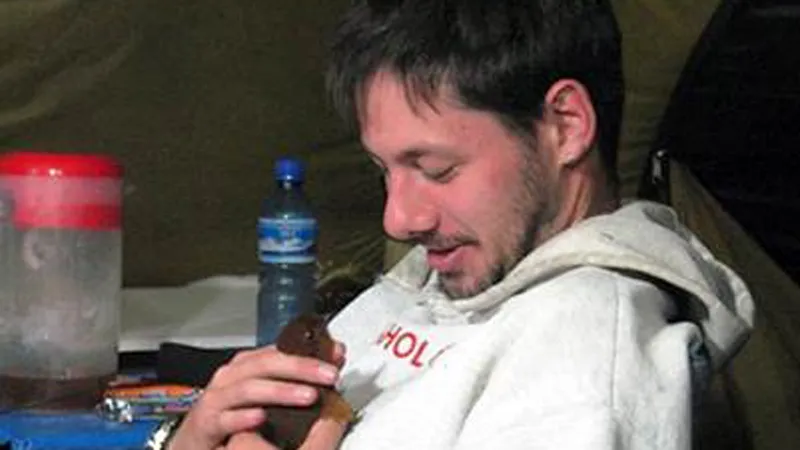Researching Climate Change Mitigation by Shade-Grown Coffee Farms
Students have just returned from one week of intensive data collection on several shade-grown coffee farms near Atenas. Now it will be all data analysis, writing and presentations for another two weeks. So, the fun part is over, right?
Well, definitely, the dynamic has changed. We have traded slipping down muddy slopes, hammering soil cores into the ground and measuring trees for a thicket of numbers, species lists and ecological theory. We are trying to figure out if ‘our’ coffee farms have sequestered carbon over the last 8 years. Our previous research has shown that agroforestry is great for climate change mitigation and tree species conservation, because biologically diverse farms actually store more carbon in their trees and soils, but we have not known if carbon storage is increasing or decreasing. In fact there is not too much long-term data out there anywhere on soil carbon sequestration over time in tropical agricultural systems.
Although it is early to draw even preliminary conclusions, it is exciting to see how first patterns are emerging. The accumulation (or loss) of carbon on a farm over time is not a very straightforward process, as it is determined by factors that include ecological processes but also farm management and land-use history. When students and I finally look at our data and try to untangle these processes, this is the moment when it all comes together. And yes, statistical analysis does become quite exciting when results turn out to be ‘significant’ after spending days of data collection out in the field. And if they are not, well, that’s part of the journey as well, and helps us to gain deeper insights and ask new questions. Seeing the farms, collecting the data and discussing the results to get our heads around the bigger picture of it all, and finally sharing our conclusions, is what makes this a unique learning experience for all of us.
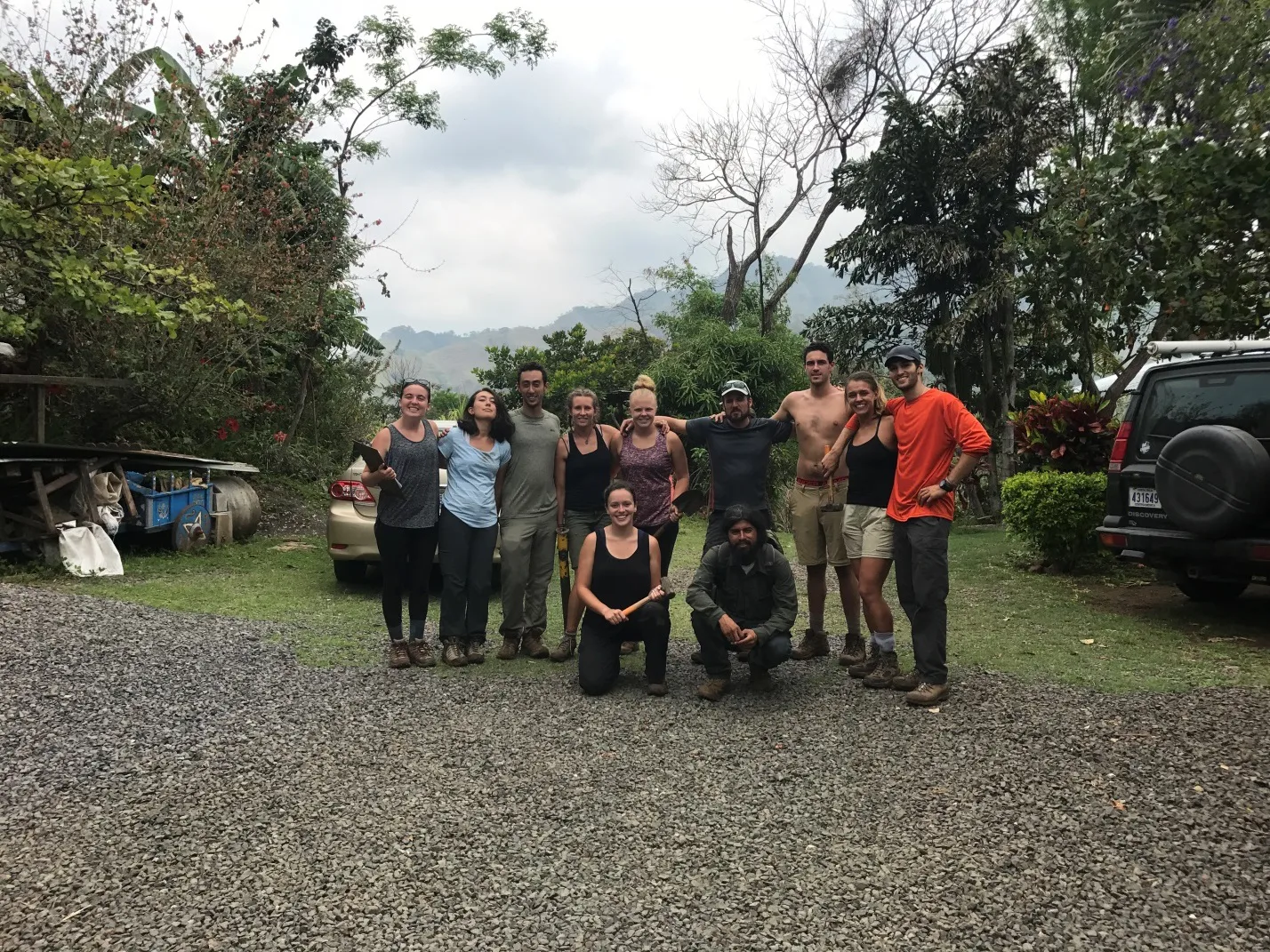
Directed Research group with Professor Häger and botanist Agustin Contreras Arias
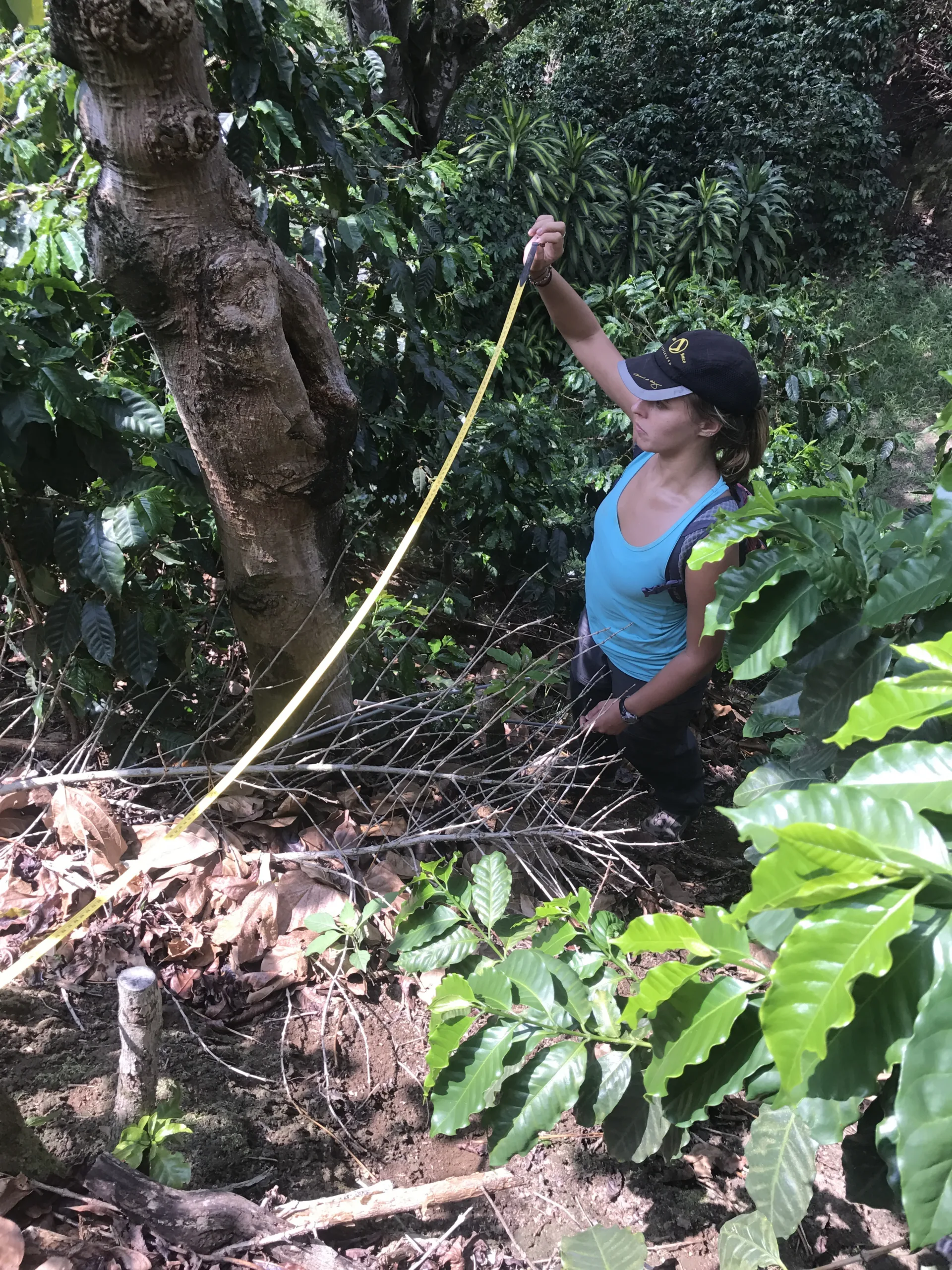
Student Rosemary Nicholson measuring in the field
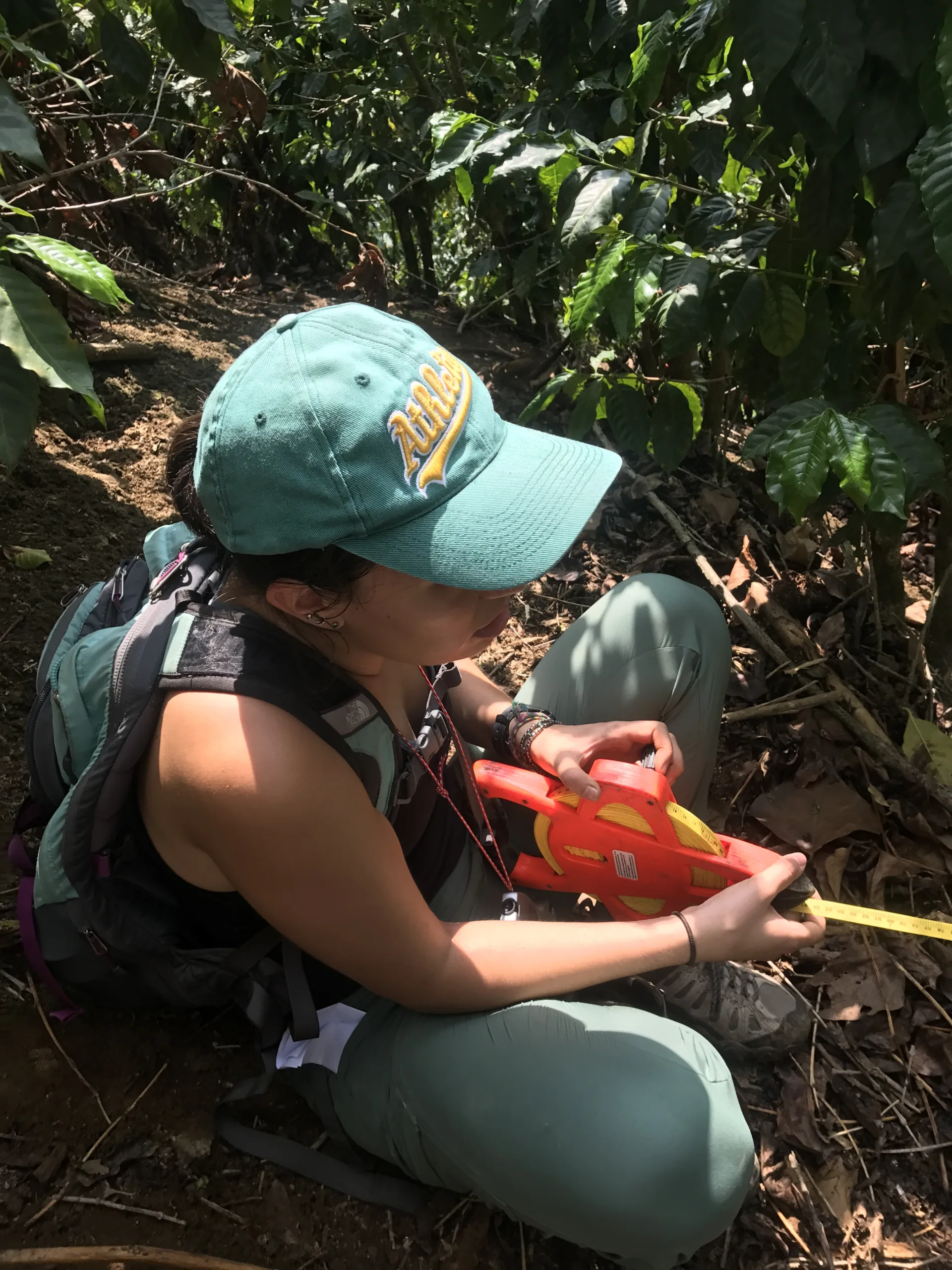
Student Olivia Won measuring in the field
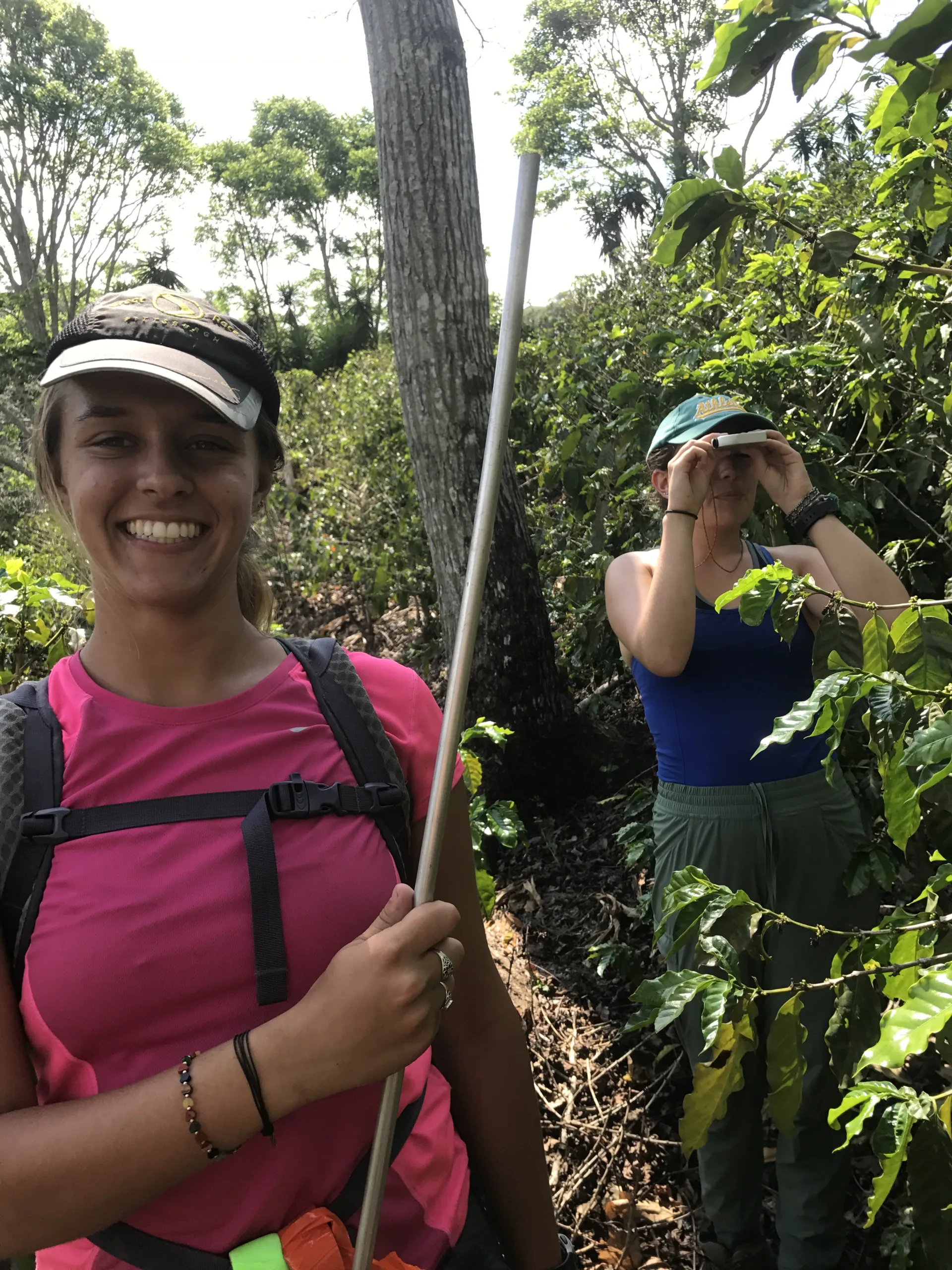
Rosemary and Olivia surveying in the field
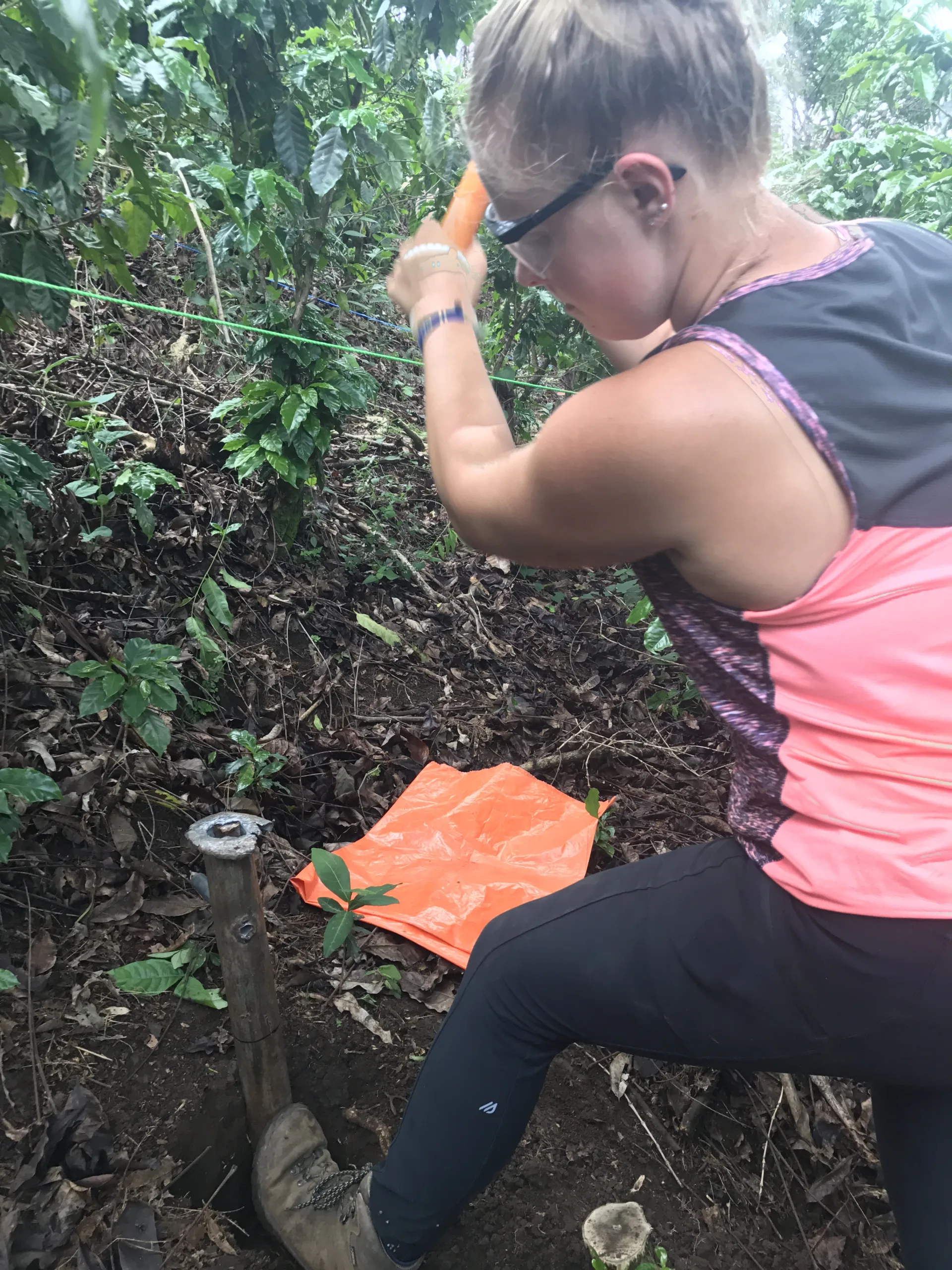
Student Jessica McLaughlin hammering away
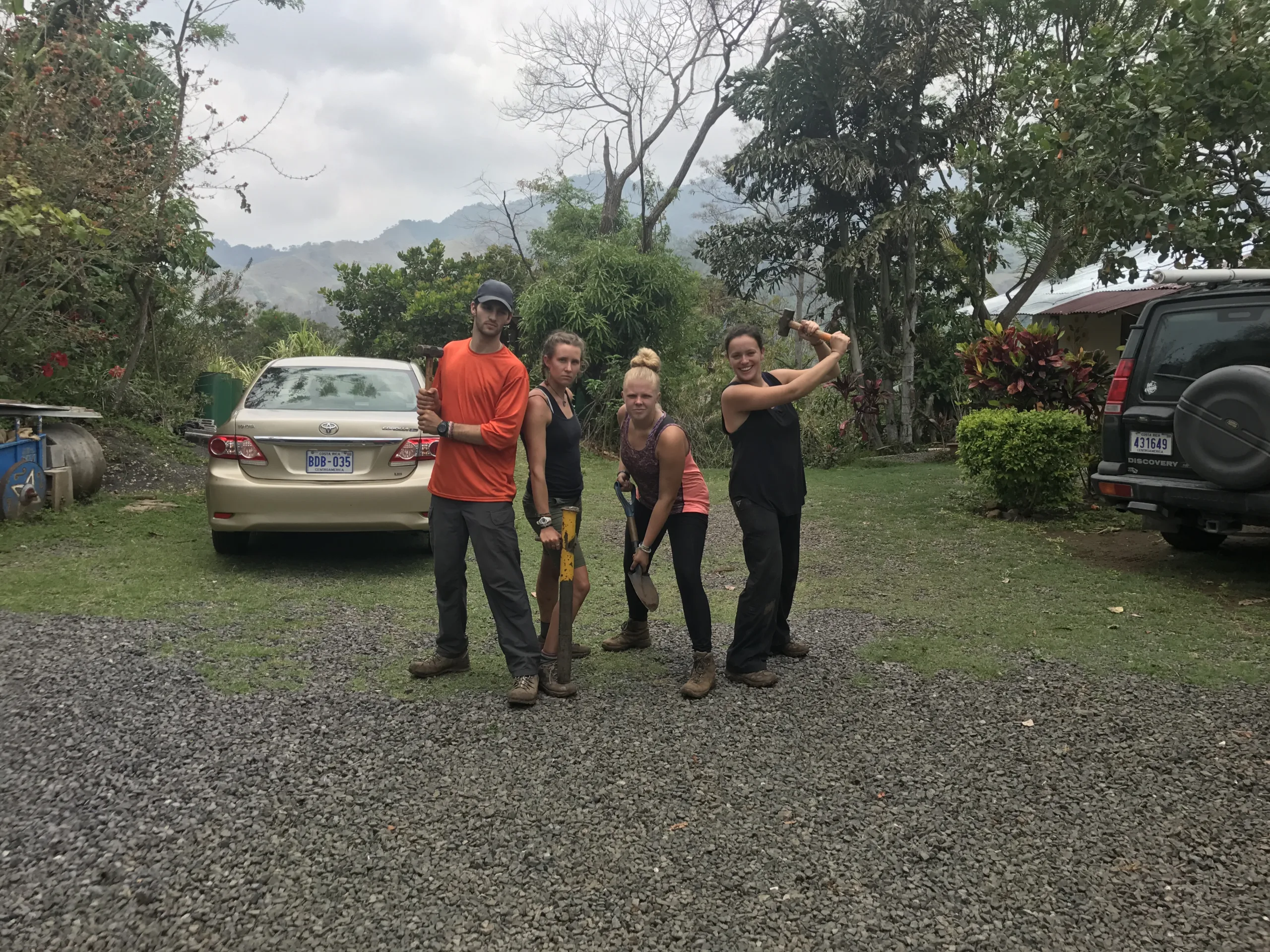
Serious crew doing serious work (from left to right, students Jared Mandelbaum, Hannah Corney, Jessica McLaughlin and intern Emily Blau)
Related Posts
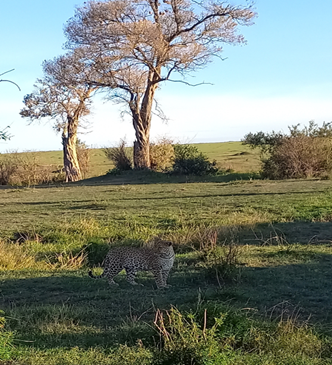
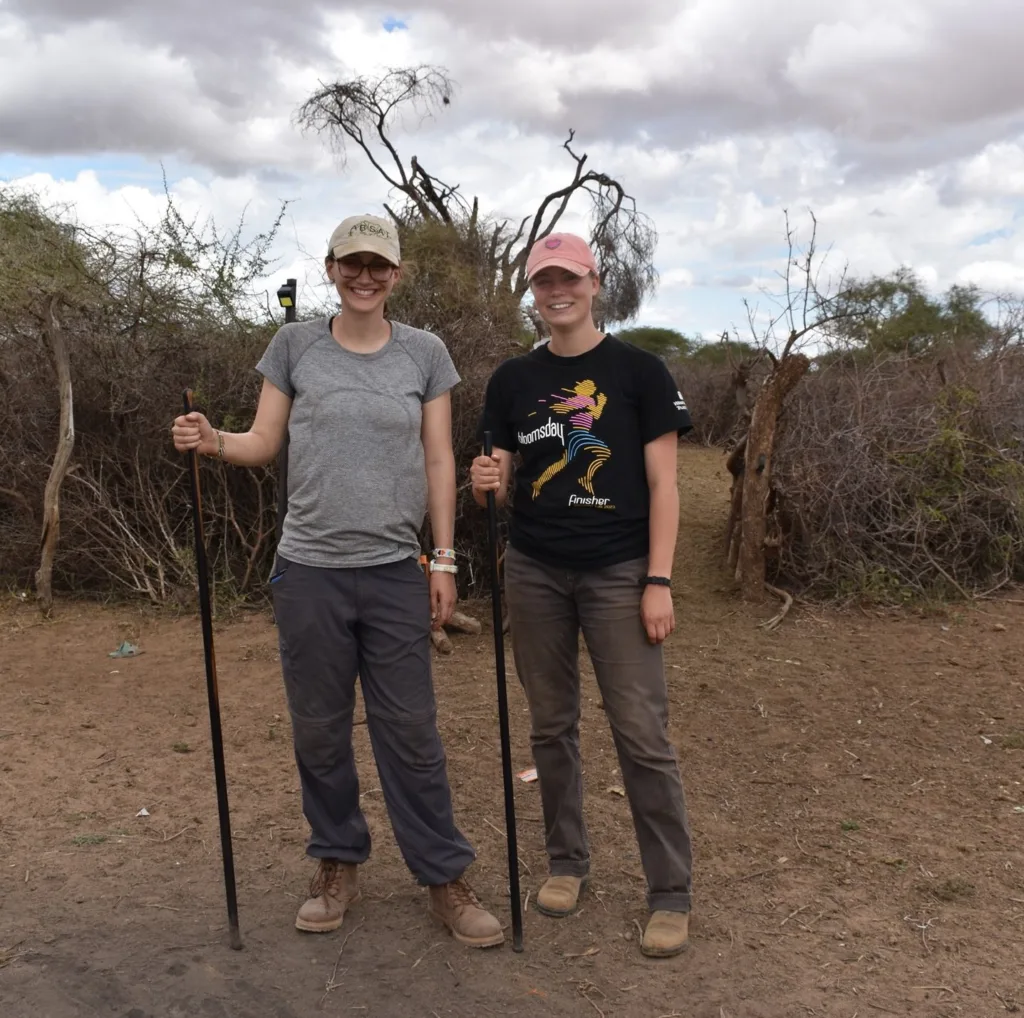
Alumni Reflections: Stories of the Return to Kenya
